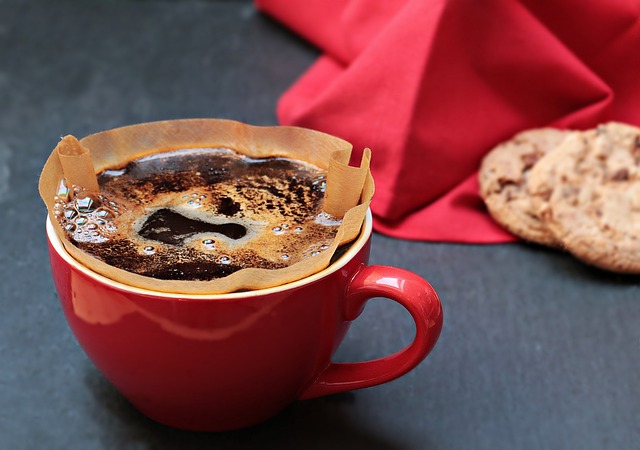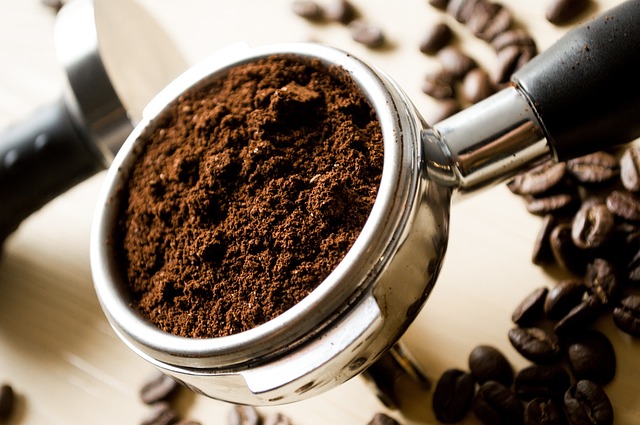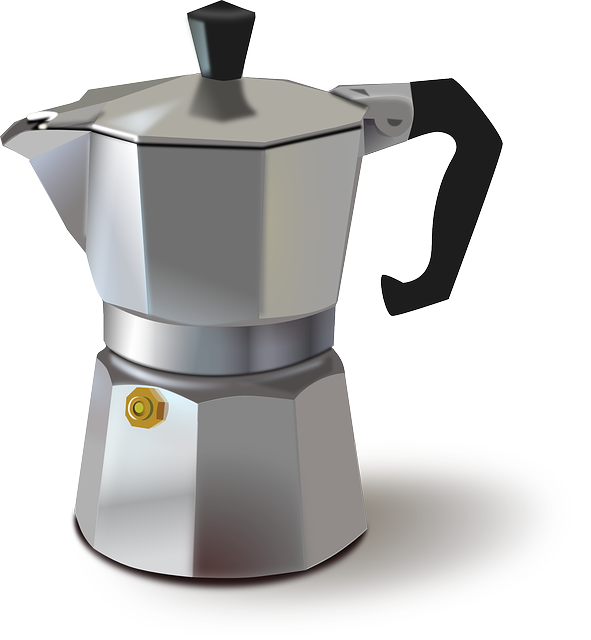When selecting the "best coffee filter," consider factors such as material (premium paper like PBC or ECF), filter color (white vs. brown), and compatibility with your coffee machine and brewing method. White filters are often preferred for their minimal impact on taste and ability to produce a clean, clear cup by capturing fine particles and oils without adding new flavors. High-grade No. 4 paper is recommended for its uniform porosity and durability during the brewing process. For those prioritizing the preservation of coffee's natural flavors, a high-quality white coffee filter is typically the best choice. Look for filters that have received endorsements from specialty coffee associations or carry certifications to ensure quality. Additionally, consider brand reputation and user feedback when choosing among the highest quality coffee filters available to enhance your coffee experience.
When it comes to elevating your coffee experience, the role of a coffee filter cannot be overstated. This article delves into the critical aspects that distinguish an ordinary filter from the best coffee filter for your daily brew. We’ll explore the materials that contribute to a filter’s effectiveness and the often-overlooked impact of color in coffee filtration. By examining the finer points that make one coffee filter superior to another, you’ll be equipped to select a top-tier option for your kitchen. Whether you’re a connoisseur or a casual coffee drinker, understanding what constitutes the highest quality coffee filters will enhance not just your coffee’s flavor, but also your entire brewing ritual.
- Assessing the Factors That Make a Coffee Filter Exceptional: Material Matters
- The Color Conundrum: Analyzing the Performance Differences Between Brown and White Coffee Filters
- Identifying the Highest Quality Coffee Filters: A Guide to Choosing the Best for Your Brew
Assessing the Factors That Make a Coffee Filter Exceptional: Material Matters

When selecting a coffee filter, the material from which it is crafted plays a pivotal role in determining the filtration quality and the taste of your brew. The best coffee filter for your needs will depend on several factors, including the type of coffee machine you use, the desired fineness of the filter, and personal taste preferences. Paper filters, commonly made from pulp bleached or unbleached to produce white or brown hues respectively, are widely used for their efficiency in capturing fine particles and oils that can affect the flavor of your coffee.
Among the myriad materials available, high-quality paper is often considered the gold standard due to its uniform pore size and durability during the brewing process. The highest quality coffee filters are typically made from premium bleached sulfite (PBC) or elemental chlorine-free (ECF) paper, which ensures minimal impact on taste while providing exceptional filtration. These materials are designed to allow optimal extraction of flavors without introducing additional paper tastes or unwanted bitterness. Additionally, the best coffee filter will have a consistent weave and thickness to prevent ripping or tearing during use, ensuring a smooth and uninterrupted brewing experience. When choosing between white and brown filters, consider that while both can produce excellent results, white filters may offer a slight edge in terms of taste clarity due to their lighter color, which can result in less paper flavor transfer into the coffee. Ultimately, the best coffee filter for you is one that aligns with your personal taste preferences, brewing method, and the equipment you have at home or in your office. It’s crucial to experiment with different filters to find the one that complements your coffee best.
The Color Conundrum: Analyzing the Performance Differences Between Brown and White Coffee Filters

When selecting a coffee filter, the choice between brown and white options isn’t merely a matter of aesthetics; it can significantly impact your brew’s quality and flavor profile. The best coffee filter for your needs hinges on the material and the color, as each has distinct properties that affect filtration efficiency and taste.
Coffee filters are typically made from paper or mesh materials, with the highest quality coffee filters often constructed from natural fibers like cotton or polyester blends designed to meet specific filtration criteria. The best coffee filter material should offer a fine balance between porosity and durability, allowing for optimal extraction without tearing or clogging. Paper filters, which often come in white, are renowned for their ability to produce a clean, crisp cup due to their uniform pore size, effectively removing oils and fine particles that can cloud your coffee and affect its taste. On the other hand, brown paper filters may contain dyes or treatments that could impart flavors into your brew, although this is less common with the highest quality options.
Among the color variants, white filters tend to be preferred by connoisseurs seeking the purest extraction, as they provide a consistent filtration without altering the coffee’s natural flavor. Brown filters, while still capable of excellent filtration, might offer different nuances depending on their specific composition and the dyes used. The best coffee filter for you will depend on your taste preferences and the type of brewing method you use. For those who prioritize a clear cup without any alteration in flavor, a white coffee filter, particularly one made from the highest quality materials, is often the best choice. It’s essential to consider how each filter type interacts with your coffee’s natural oils and acids, as this can influence the overall sensory experience of your morning cup or evening espresso.
Identifying the Highest Quality Coffee Filters: A Guide to Choosing the Best for Your Brew

When selecting a coffee filter, the material from which it is crafted plays a pivotal role in determining the purity and taste of your brew. The best coffee filters are typically made from high-grade paper, such as No. 4 paper, known for its uniform porosity and ability to maintain structural integrity during the brewing process. This ensures that your coffee’s natural flavors are captured without excessive sediment or oils passing through, which can taint the taste. When comparing brown versus white coffee filters, it’s not a matter of one being inherently better than the other; rather, the choice often comes down to personal preference and the specific brewing technique you employ. Brown filters, often bleached, may leave behind minor paper flavors that some coffee enthusiasts find undesirable, whereas white filters, which are unbleached, can offer a cleaner taste profile but may have slightly more loose fibers due to their lack of treatment.
To discern the highest quality coffee filters, consider the following factors: the material’s durability, the filter’s fineness or pore size, and its ability to maintain shape during use. The finest coffee filters will have a balanced pore structure that allows for optimal extraction without over-extracting or allowing through too much sediment. Additionally, a high-quality filter should not collapse under the weight of coffee grounds when wet, ensuring consistent filtration throughout the brewing cycle. When purchasing a coffee filter, look for those endorsed by specialty coffee associations or with certifications that attest to their quality and performance. This guarantees that you are investing in a product designed to elevate your coffee experience, whether it’s for a pour-over, French press, or espresso machine. Remember to evaluate both the brand reputation and user reviews to ensure the filter lives up to its claims of being among the best coffee filters available.
When selecting a coffee filter, the best choice is one that aligns with your brewing preferences and the quality of filtration you desire. The material from which the filter is crafted plays a pivotal role in determining its effectiveness; high-grade papers offer superior filtration without over-extracting oils and flavors. While both brown and white coffee filters serve their purpose, discerning coffee enthusiasts often prefer the brown option due to its ability to provide a cleaner extraction that enhances the natural taste of the coffee. Ultimately, the finest coffee filter is one that consistently delivers clear, flavorful brews, time after time. By understanding the material and considering the color, you’re well-equipped to select a coffee filter that will elevate your coffee experience. Remember, the key to an exceptional cup lies in the quality of the filter you choose.
